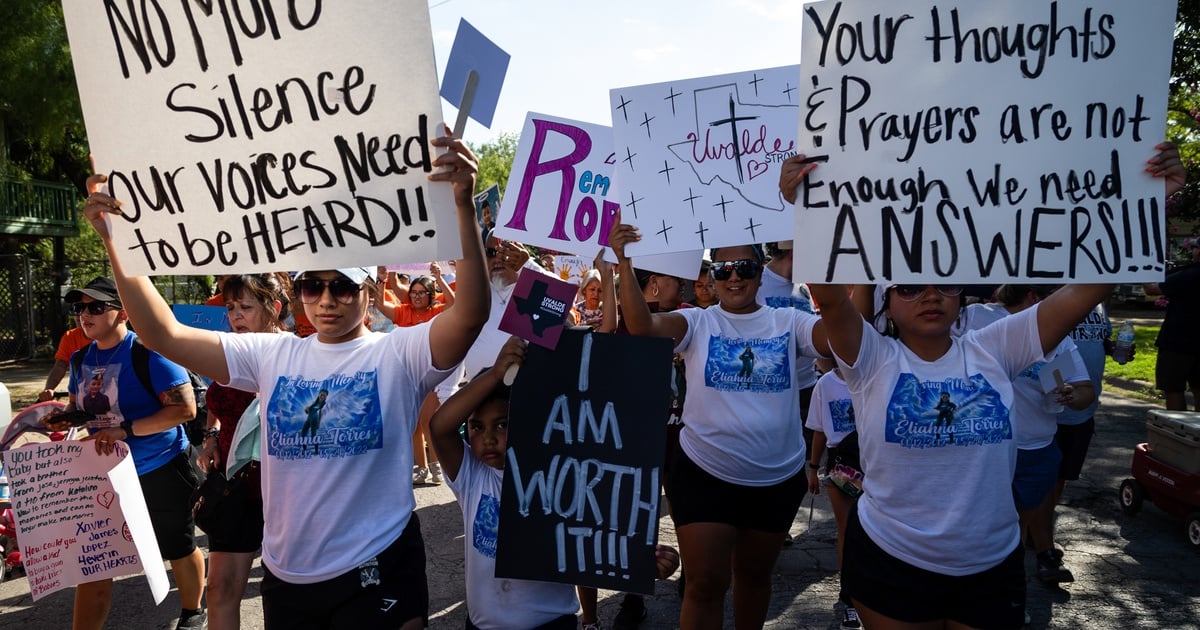It’s a procedure in search of indications. Unethical and surprisingly still common and covered by insurance. No doctor would perform aesthetic surgery on a child for any other reason save ear piercings, i don’t think it’s as common as it used to be, but an infant couldn’t consent to that either.
For some reason, I’ve encountered lots of moms (occasionally would get a “hell no” from dad though) whose biggest concern after their son was born is when the circ was going to be performed. I wish the medical organizations would put some more focus on the ethics and aspect of consent/assent. There’s a lot of talk about research in public health about how it may or may not affect STI rates, and then the argument gets stuck on risks/benefits rather than ethics.
It ultimately is a procedure rooted in cultural and religious practice, and the American medical establishment is pretty slow, especially in that aspect.








turn of phrase. Bond villians generally have some weird philosphy that guides their actions, like this attacker who is using a cyberattack to push a goal of threatening a company to make their stuff open source.